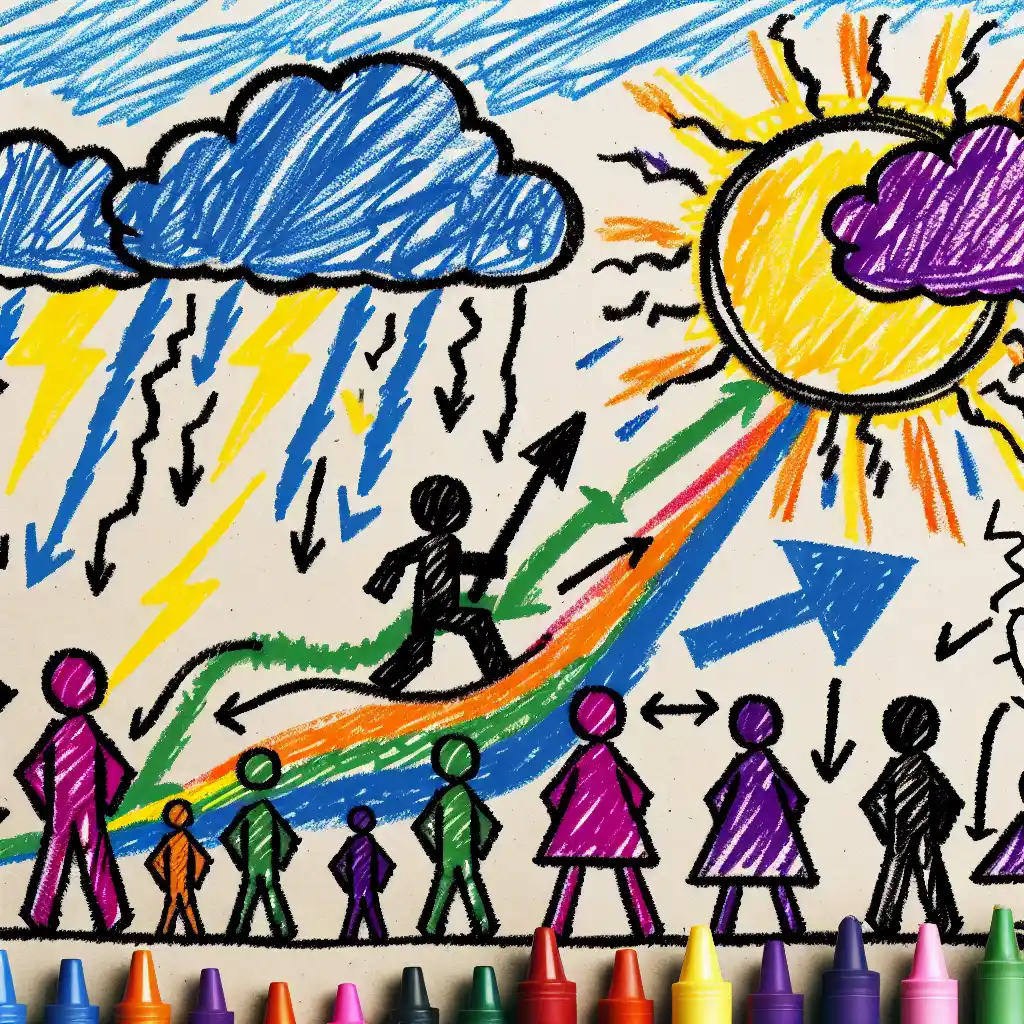Hurricane Katrina forced changes at FEMA. Trump is rolling them back

Explain Like I'm 5
Imagine you have a box of crayons that didn't color well, so you got new ones that work better. After Hurricane Katrina, a really big storm, the group that helps people during disasters (called FEMA) wasn't very helpful. So, they changed how they do things to make sure they could help better next time. But now, President Trump wants to go back to using some of the old ways, which might not work as well. It's like deciding to use the old, not-so-good crayons again even though we know they don't color as nicely.
Explain Like I'm 10
After Hurricane Katrina hit in 2005, it caused a lot of damage and sadly, many people were left without help. FEMA, the group in charge of helping during disasters, didn't do a great job. Because of this, they made a lot of changes to improve, like getting better tools and making plans to help people faster.
Now, under President Trump's direction, some of these improvements are being changed back to the old ways. This is a bit like taking steps backward because the new methods were designed to make things better. People are worried that this might mean FEMA won't be able to help as effectively if another big disaster happens. This decision affects how quickly and well FEMA can respond in future emergencies.
Explain Like I'm 15
Hurricane Katrina was a major catastrophe that highlighted significant failures in FEMA's response capabilities. The immense criticism that followed led to substantial reforms aimed at enhancing FEMA's efficiency and responsiveness. These reforms included better resource management, improved communication systems, and more effective disaster preparedness and response strategies.
Now, the Trump administration has decided to roll back some of these reforms. This decision is controversial because it potentially undermines the progress made in disaster management and preparedness. Critics argue that reverting to older methods could decrease the agency's effectiveness, thereby increasing the risks during future disasters. This move has sparked a debate about the best way to manage national emergencies and whether these rollbacks might leave the country less prepared for future crises.
The broader implications involve not just immediate disaster response but also how these decisions might affect public safety, government trust, and federal readiness in the face of increasing natural disasters possibly driven by climate change. Looking ahead, experts are concerned about the potential consequences of these rollbacks and are closely monitoring how these changes might impact FEMA's response to upcoming emergencies.
Want to read the original story?
View Original Source